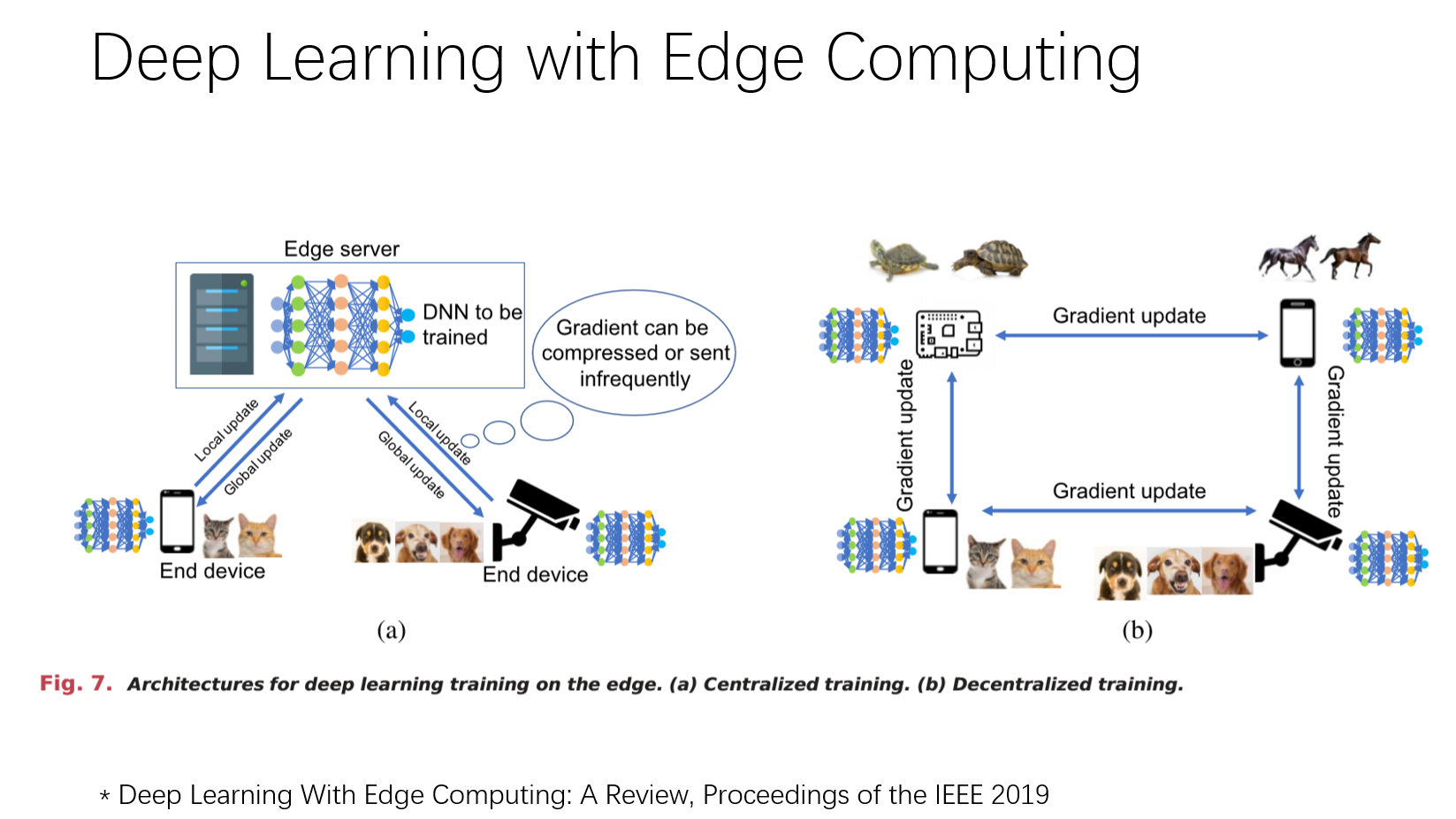|
Computer programming, often regarded as the language of technology, has witnessed a remarkable evolution throughout its history. From its humble beginnings to the complex programming languages we use today, this article delves into the fascinating journey of computer programming. The inception of computer programming dates back to the mid-20th century when computers were massive machines occupying entire rooms. The earliest programming languages, such as Fortran and COBOL, revolutionized the way instructions were given to computers. These languages relied on punch cards and intricate code structures to execute tasks. While they were groundbreaking at the time, they lacked the user-friendliness that modern programmers enjoy. As technology advanced, new programming paradigms emerged. One significant development was the birth of object-oriented programming (OOP). OOP allowed programmers to organize code into reusable objects, enabling more modular and efficient software development. Languages like C++ and Java played crucial roles in popularizing this approach, propelling programming into new frontiers. In recent years, the rise of web-based applications and mobile devices has led to a surge in demand for web development and application programming. This shift prompted the emergence of various web-focused programming languages such as HTML, CSS, and JavaScript. These languages enable developers to create interactive websites and dynamic user interfaces, enhancing the overall user experience. Furthermore, the advent of artificial intelligence (AI) and machine learning has had a profound impact on computer programming. AI algorithms can now assist programmers by automatically generating code based on desired functionalities or analyzing vast amounts of data. Python, a versatile and widely-used language, has become a go-to choice for AI and data science applications due to its simplicity and extensive libraries. Another notable aspect of modern programming is the growing popularity of open-source software and collaborative development. Platforms like GitHub have fostered collaboration among programmers worldwide, allowing them to share and improve code collectively. This collaborative approach has accelerated innovation and made programming more accessible to aspiring developers. Looking ahead, the future of computer programming holds exciting possibilities. Quantum computing, for instance, promises to revolutionize computational power, demanding new programming languages to harness its potential fully. Additionally, as technology integrates further into our daily lives through the Internet of Things (IoT), developers will need to master new tools and languages to create interconnected and secure systems. In conclusion, computer programming has come a long way since its inception, evolving alongside technological advancements and shaping the way we interact with computers. From the early programming languages to modern web and AI development, programming continues to push the boundaries of what is possible. As we embark on the next era of technological innovation, the world of computer programming remains an ever-evolving and exciting field.  |
